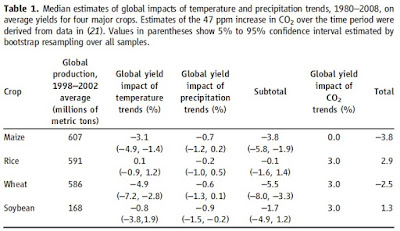A Still Better Shower
The conventional controls for a shower or sink consist of one for hot water, one for cold. Getting your preferred mix is a process of trial and error adjustment, repeated every time you take a shower or wash your hands.
An improved version, now fairly common, has one control for the hot/cold ratio, another for the volume. Having once gotten the ratio right you can leave that control at your preferred setting and use the volume control to turn the water on at the beginning of your shower, off at the end.
Provided you are in no hurry. When I turn the water on the shower runs cold because it takes time for water to get from the water heater in the basement to the bathroom on the second floor. To reduce my wait, I shift the shower to all hot. That not only gets hot water to me faster, it also means that while I am waiting I am not wasting cold water down the drain. But now, when the water warms up, I have to find the proper mix. Every time I take a shower. It's an improvement over the older version, since I can to some extent set the ratio control by memory. But it could be better.
The simple solution is to add a control which shifts the shower to all hot temporarily without changing the lever that will set the ratio once that control is turned off.
Since I am in Silicon Valley and greedy, I am still not satisfied. The high tech version monitors water temperature. As long as my desired temperature is impossible because what is coming out of the hot water pipe is colder than that, it runs straight hot. Once the temperature of the hot water gets high enough it automatically starts adding in cold, keeping the shower temperature at my optimum thereafter. The luxury model has a light, or perhaps a bell, to tell me when it is safe to get into the shower.
Making Conversation Possible
You are in a crowded restaurant, a bar, a meeting room filled with people. There is someone you are trying to converse with. Since the environment is noisy, you raise your voice. So does everyone else. As the room becomes louder, conversation becomes increasingly difficult, perhaps impossible.
There is a simple solution. Everyone wears a bluetooth earpiece/mike. Look at someone, next to you or across the room, click a button on the earpiece. Your earpiece is now linked to hers, so you can converse quietly. Setting the link by looking at someone may require Google Glass, but there is a lower tech version, some easy identifier, perhaps a number on the name tag that everyone at the event wears.
Social norms would have to be worked out. The person you want to speak with may not want to speak with you, so there needs to be some way of accepting or denying the request to link. In a room full of conversations I am quite likely to be wondering around looking for interesting ones, which is hard to do if I cannot hear them. So there should be an option to make the conversation open, meaning that anyone who chooses can listen and join in, or closed.
So far as I can tell, all the technology needed already exists and would be reasonably inexpensive to implement. All it takes it an enterprising entrepreneur.
Before you go into business, however, there is one question you may want to consider. In quite a lot of the environments I am describing, the noise is not merely accidental. Bars, in particular, tend to play music, often loud enough to make conversation even more difficult than it would otherwise be. That suggests that some people, perhaps many people, prefer a noisy environment. The only reason I can think of for such a perverse taste is the increased privacy–at some level of background noise, nobody more than four feet away can hear what you are saying. My technology should provide a better solution to that problem.
But there may be other reasons I have not thought of.





